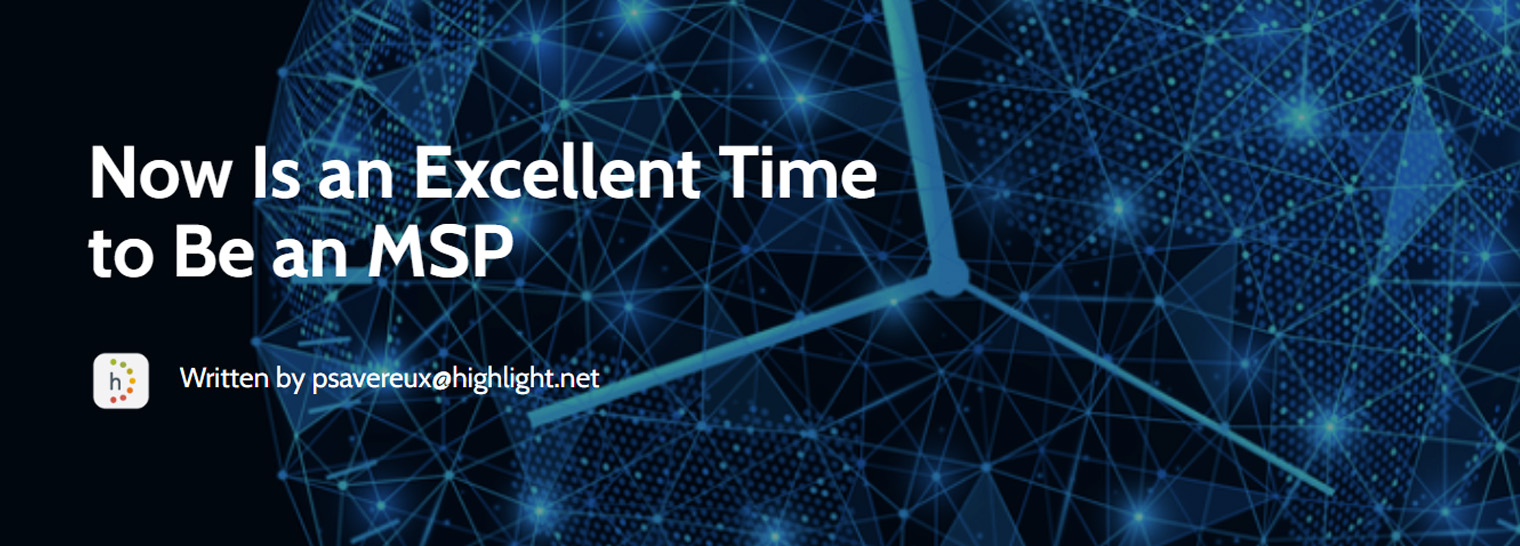As enterprises are more and more dependent on their IT, but less and less interested in how it works, MSPs become increasingly important. The whole point of an MSP is that you are removing the complexity of IT and helping your customer to focus on their business.
If you’re working in the cloud and have a handle on the latest technology, being an MSP is a big opportunity. However, for those still focused just on the office environment and physical PBX, you are likely to have difficulty.
Moving away from the single sale model and adopting a recurring revenue is the key to transitioning to an MSP model. This also requires a good handle on Service Level Agreements (SLAs) and establishing ongoing relationships with customers.
If you can’t monitor and alert proactively, you’re bound to be breaching SLAs. You need to spot potential problems arising in real-time so that you can pinpoint the root cause before your customers are impacted. This analysis and troubleshooting is often performed by staff who don’t have the technical proficiency of an engineer so it’s important that data is easy to understand and displayed through graphical dashboards.
The challenges
Budding MSPs must be aware of what comes with being a recurring revenue business. You now have an ongoing cost and revenue base and if you lose track, you will be in trouble. All providers that get to a certain size have an extensive cost base. If a customer cancels, the provider must act and cancel the onward service, otherwise, costs will spiral without income. The key is to have effective auditing tools in place with good data and being aware of what is coming in and what is going out.
The commercial and service management aspect of an MSP is also going to grow in significance as they frame their businesses as a service, rather than a collection of technical elements.
In the past, MSPs have traditionally put all their focus on the operations team, ensuring the technology is delivered effectively to customers. But with an ongoing revenue relationship, customers expect you to be on top of their issues and problems, to know what is happening with the services they are receiving. Customers expect a relationship which means that in addition to operations, the commercial side of the business including the sales, service management and support teams must have the tools to enable them to understand their customers and foster an ongoing relationship.
This requires a single, service-based view that can be used across the whole provider-reseller-customer value chain. It will help to increase sales of margin-rich services, maximise the productivity of Sales, Operations and Service Management as well as improve relationships with customers.
So as we head towards a post-COVID environment, I expect to see huge growth in smaller local providers with engineers on the ground. They are going to be an important part of the market. But if a provider thinks they can sell a service and then return to the customer three years down the line, they will face considerable churn.

